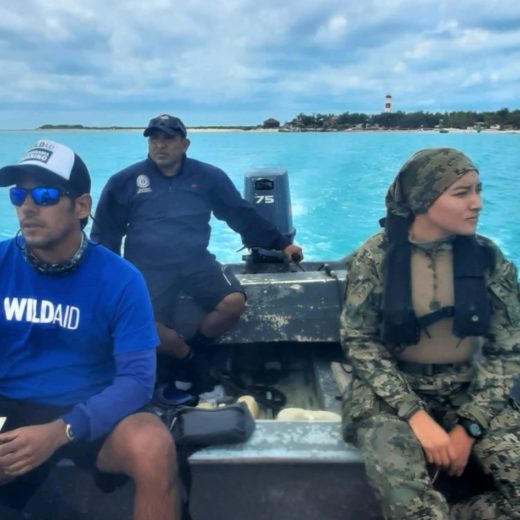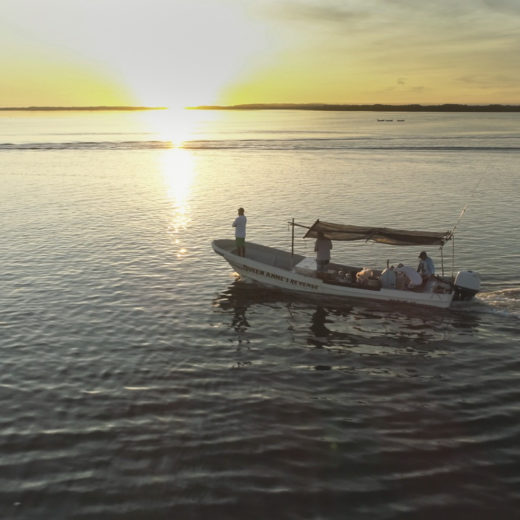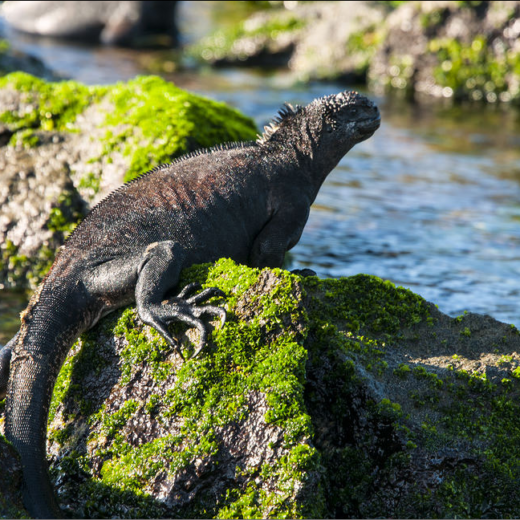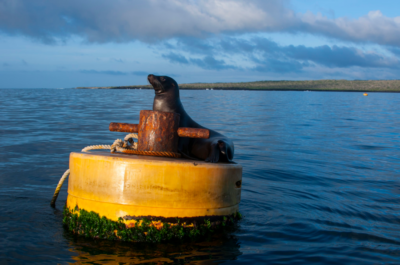
BY SILVIA SANCHEZ, WILDAID MARINE PROGRAM
Last month, the U.S. made an announcement that could help reduce illegal fishing and seafood fraud in foreign fisheries.
The U.S. will now increase traceability of seafood imports from high risk countries to ensure compliance with national and international fishing regulations. This legislation will complement regulations enacted last fall to ensure international compliance with American fishing standards for protecting marine mammals. Together, these regulations ensure that foreign fishers wishing to import their products into the U.S.—one of the largest seafood importers in the world—take measures to curtail illegal fishing in their waters.
To comply with these new standards, foreign fisheries will need to enact bycatch reduction measures, such as the use of alternative fishing gear in lieu of highly destructive long-lines and drift nets; onboard and port monitoring of fishing catch to guarantee adherence to fishing quotas; and greater enforcement of international regulations, such as CITES.
Some countries will need to enact additional legislation to comply with new requirements, such as fishery and vessel registration systems, the mandatory use of electronic monitoring tools such as AIS and increase collaboration between Park authorities and Navy or Coastguard personnel. All of these changes will allow the U.S. and other governments to better track fishing vessels at sea and thus, in addition to reducing seafood fraud, could reduce piracy and illegal fishing in foreign waters, a problem that plagues our oceans and takes as much as 33% of the world’s total legal fish catch.
These changes can be costly to enforce for developing nations that export seafood to the U.S. and protecting the world’s supply of seafood will require additional conservation measures to re-stock our depleted fisheries, nearly 90% of the world’s fisheries are already overexploited or depleted.
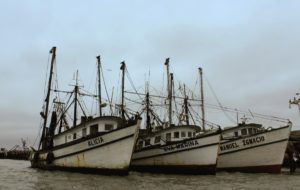

WildAid works in developing countries to strengthen management of marine protected areas and fisheries by providing legal support to close loopholes that allow illegal fishing to thrive (including the establishment of fishery and vessel registration systems), awareness campaigns that increase public support for marine conservation, the implementation of surveillance systems, like AIS, and the provision of systematic trainings to ensure enforcement of regulations.
With the implementation of new U.S. seafood regulations, WildAid looks forward to working with partner countries in strengthening their capacity to combat illegal fishing and allowing the recovery of fish stocks.
Stay in touch and get the latest WildAid updates.
SIGN UP
